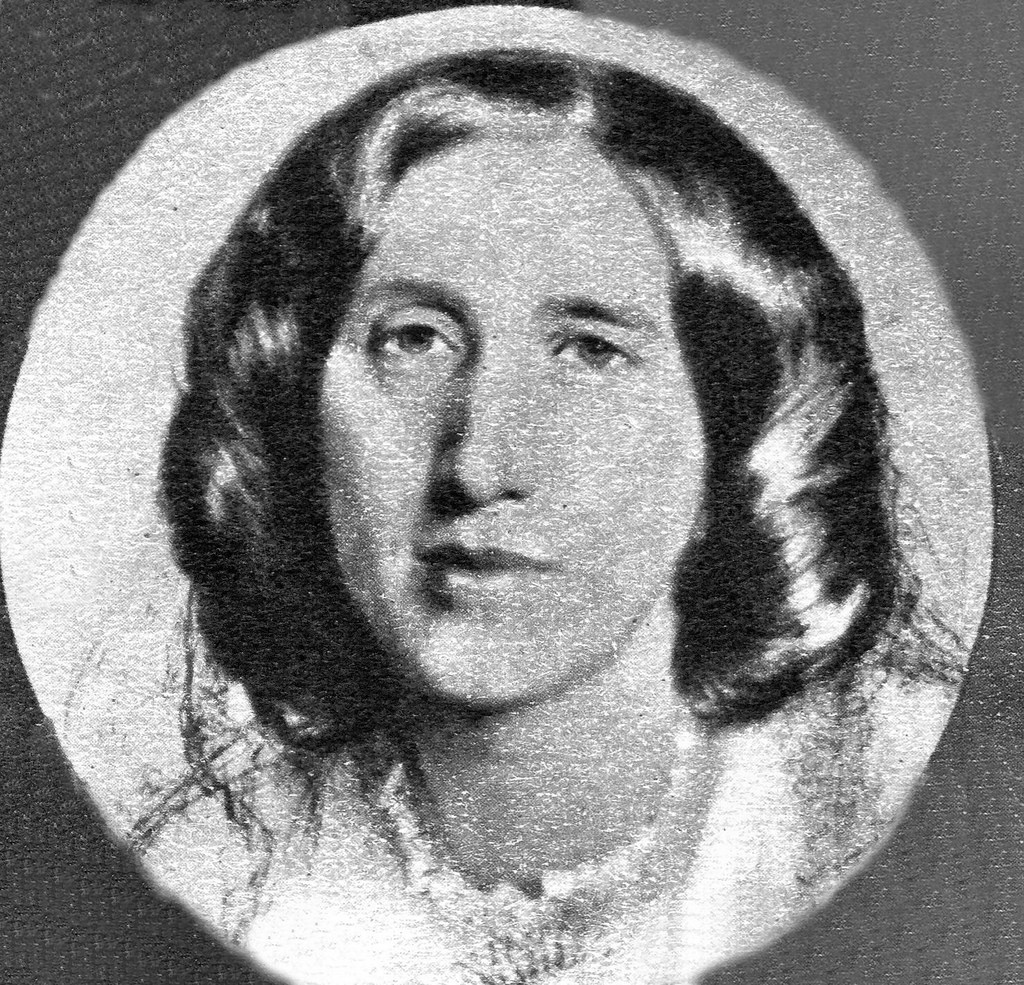Leslie Stephen Lecture by Professor Rosemary Ashton
George Eliot and the Difficulty of Reaching Conclusions

Monday 17 November, 5.30pm
Senate House, Cambridge
Free (no need to book)
The lecture will be followed by a drinks reception in the Combination Room at the Old Schools. Senior members of the University are requested to wear their gowns.
There is a paradox at the heart of George Eliot’s efforts and achievements as a novelist. While she sometimes claims, through her fictional narrators, that we should not judge our fellow mortals, but ‘accept them as they are’ (chapter 17 of Adam Bede, 1859), she just as often suggests the necessity of judging motives and actions. She does so according to a code of ethics derived from Christianity tempered by the ‘religion of humanity’ she found in Spinoza and Feuerbach and the wise tolerance of Goethe’s fictional narrators. Readers have often thought her a didactic author who lectures them about the morality of human actions. The use she makes of the strong directing narrative voice, however, is more subtle than this view suggests; open-mindedness, generous humour, irony, scepticism of the positive ‘scientific’ sort (not narrow cynicism), and a willingness to profess uncertainty and the state of being in two minds are the qualities the voice conveys and wishes readers to share
Professor Rosemary Ashton OBE FRSL FBA is Emeritus Quain professor of English Language and Literature and Honorary Fellow of UCL
Please contact Heather on 01223 748711 or hrk22@trinhall.cam.ac.uk
Image by James Gardiner